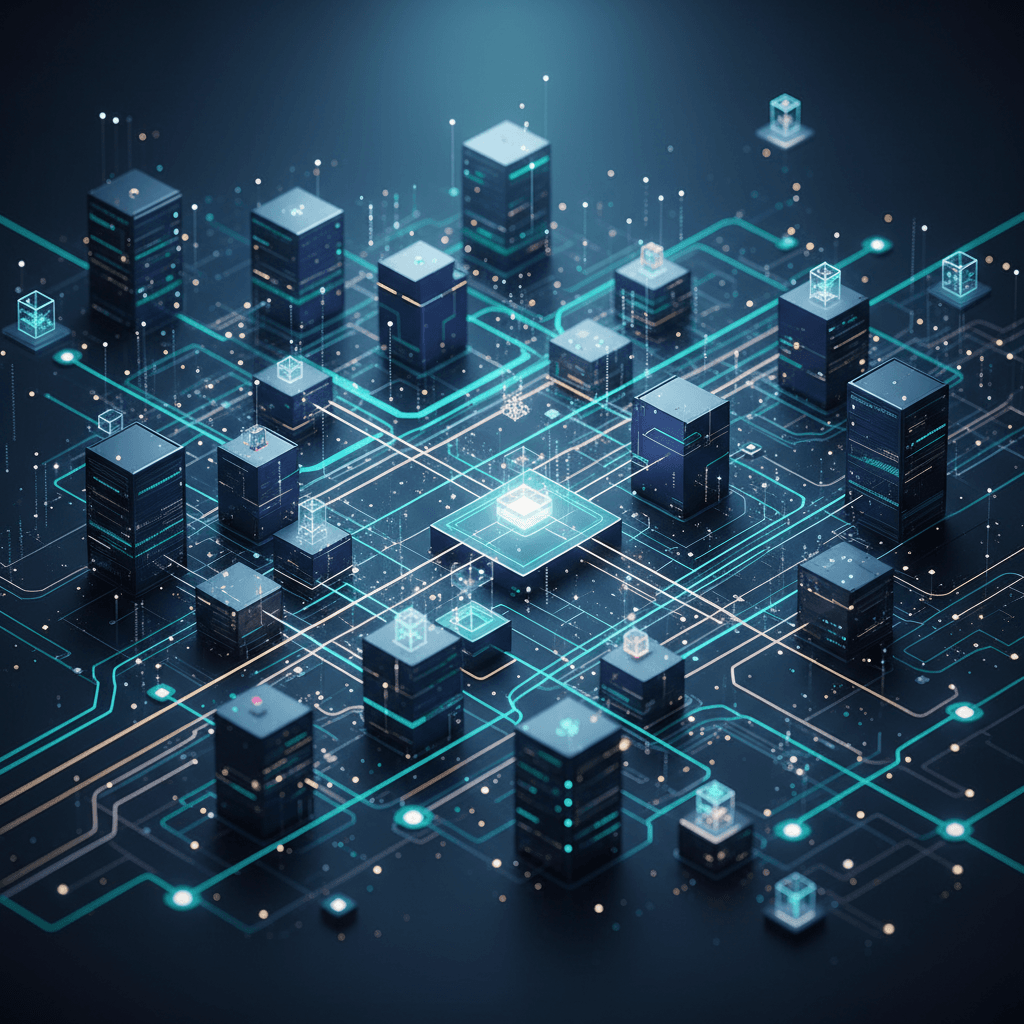Cognizant Introduces Agentic AI Platform for Self-Healing IT Operations
Cognizant's new AI platform slashes operational debt, creating self-healing, Agentic IT Operations to free teams for strategic innovation.
November 25, 2025

In a significant move to address the mounting complexities of modern IT environments, Cognizant has introduced a new platform-powered offering aimed at substantially reducing IT downtime and the burden of manual intervention for enterprises. The solution, named Cognizant Resilient IT Operations, leverages a combination of automation, advanced analytics, and artificial intelligence agents to modernize and streamline complex technology estates. The company has positioned this launch as a critical step toward the realization of ‘Agentic IT Operations,’ a paradigm where autonomous and semi-autonomous AI agents drive continuous improvement and heightened resilience within an organization's technological backbone. This initiative comes as businesses globally grapple with fragmented workflows and rising operational costs that stifle innovation and increase risk, particularly as they navigate multi-cloud systems, legacy infrastructure, and the integration of generative AI.
The core of Cognizant's new offering is its capacity to proactively manage and resolve IT issues, shifting the operational focus from reactive maintenance to preventative and strategic innovation.[1][2] As enterprises expand their digital footprint, they accumulate "operational debt"—the implied cost of rework caused by choosing an easy solution now instead of using a better approach that would take longer. This platform is engineered to reduce this debt by automating repetitive tasks at scale, which in turn minimizes unplanned downtime and fosters more reliable service delivery.[1][2] It enables proactive issue detection, automated remediation of problems, and provides data-driven insights that help organizations prevent future outages.[1][2] By tackling these challenges, the platform aims to free up technology teams from routine, time-consuming tasks, allowing them to concentrate on higher-value work that drives business growth and competitive advantage.[2] The ultimate goal is to create a self-healing IT ecosystem that is not just efficient but fundamentally more resilient to the disruptions that can impact business performance.[3][4]
Underpinning this new capability is Cognizant's broader investment in artificial intelligence, particularly through its Cognizant Neuro AI platform.[5][6] The concept of agentic AI, where AI agents can execute tasks autonomously, is central to the Resilient IT Operations offering.[1][2] These agents are designed to accelerate the development of self-healing systems, improve self-service capabilities for day-to-day IT needs, and assist incident-management teams in resolving complex issues with minimal disruption.[2] This represents a significant evolution from traditional IT automation, moving beyond simple scripts to intelligent, goal-oriented systems that can learn and adapt.[7][4] The Neuro AI platform provides a library of reusable generative AI models and agents, development tools, and governance controls, which together form the foundation for more advanced applications like Resilient IT Operations.[5][8] This integrated approach allows for the creation of sophisticated, multi-agent systems that can be tailored to specific enterprise functions and challenges.[9][10]
The implications of this platform extend beyond operational efficiency, touching on broader trends within the AI and cloud computing industries. The offering integrates with and enhances multi-cloud environments, a critical need for modern enterprises. For instance, Cognizant has developed a dedicated version of its Skygrade platform for Microsoft Azure, designed to streamline cloud management and help customers leverage AI capabilities within that ecosystem.[11][12] This focus on integration highlights the understanding that future IT operations will not exist in a silo but must seamlessly manage resources across public, private, and hybrid clouds.[13] By embedding AI-driven automation and resilience at the core of these complex estates, Cognizant is addressing a key barrier to digital transformation.[14] This move signifies a broader industry shift where AI is no longer a peripheral tool for analysis but a core component of the operational fabric, autonomously managing and optimizing the very infrastructure it runs on.[4]
In conclusion, the launch of Cognizant Resilient IT Operations marks a deliberate and strategic push to redefine how enterprises manage their technology infrastructure. By championing the concept of Agentic IT Operations, the company is betting on a future where intelligent, autonomous systems are key to navigating complexity, reducing operational risk, and unlocking new potential for innovation. The platform's ability to automate tasks, prevent critical incidents, and accelerate issue resolution addresses immediate pain points for technology leaders. More profoundly, it reflects a fundamental change in the relationship between humans and machines in the workplace, empowering technology teams to transition from maintenance-focused roles to architects of strategic business value. As organizations continue to embrace cloud-native architectures and generative AI, the demand for such intelligent, resilient, and proactive operational models is poised to grow significantly.